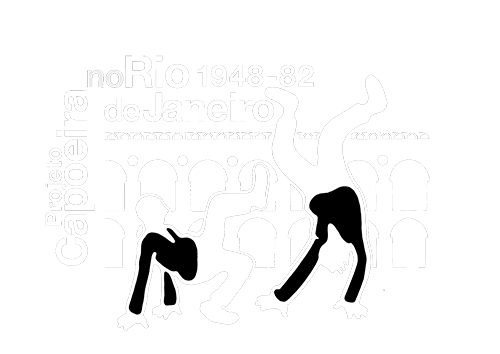Tisza Coelho is a native of Rio de Janeiro. Since childhood he was involved with Afro-Brazilian culture in the circles of choro and samba. Started his studies and capoeira practice in 1981 in Rio de Janeiro. He taught in constructivist scho-ols, participating in the historical process of inserting capoeira in public and private schools in Rio. In the 1980s, he taught capoeira classes, participated in capoeira meetings at the Ministry of Education and Culture and participated in exchange trips to capoeira events in other states. In the 90s, living in Paris and Amsterdam, he participated in touring presentations with Brazilian music and culture groups. With that, she was one of the first capoeiristas women to teach and make presentations in Europe. M. Tisza participated in pioneering workshops in the promotion of capoeira in seve-ral events in France, Holland, Germany, Finland, Italy, Belgium, Slovakia, among others. In the United States, she taught capoeira at the MIT University in Boston (1992/1993), and served as a capoeira professor in the Department of Dance at the University of Denison, Ohio (2008). Participated in several events of capoeira and Brazilian culture in the USA, also being part of musical, performance and folkloric groups (Urban Tap, Beat The Donkey, Roots of Brazil, Or-nette Coleman Ensemble, Capoeira Foundation, Ginga Brasileira etc).In 1992, she began her studies with Mestre João Grande, in New York, becoming his disciple and student. Tisza is committed to oral culture and capoeira angola to rescue and perpetuate the language of her master in Brazil.In 2004, she founded the Capoeira Angola OuroVerde Center and teaches in the rural area and in the village of Serra Grande, in Bahia. He won the Point of Culture award (Prêmio Pontinho de Cultura) from Secult Bahia (Secretary of Culture of the State of Bahia) for his work and founding the “Permanent Cultural Center of Serra Grande Barracão D’Angola”. The Barracão D ‘Angola initiative also received the federal Minc award through the Palmares Foundation for its work in disseminating and strengthening Afro-Brazilian culture in the region.Throughout the year, Tisza gives lectures at universities and schools (UESC, Elies Haum etc.) and teaches classes and courses in other states and abroad. The Capoeira Angola OuroVerde Center has continuous work on Capoeira Angola, dance and percussion throughout the year in Serra Grande (BA), Saleiros (BA), Capão (BA), Goiás City, Viçosa (MG), Mexico City, Xalapa (Mexico), Merida (Mexico), Flagstaff (USA) and Finland.
Phonographic records as producer / instrumentalist / singer / arranger:
CD Volta no Mundo, CD Viola Angoleira, CD Velho Angoleiro, CD Meu canto no Samba.
Phonographic records as special participation (instrumentalist / singer):
LP Grupo Senzala (Rio de Janeiro, 1986), LP Nestor Capoeira and Mestre Toni Vargas (Rio de Janeiro, 1987), CD Rogério Bicudo Ensemble (Amsterdam, 1992), CD Mágica ( New York, 1999), CD Beat The Donkey (New York, 2000).
